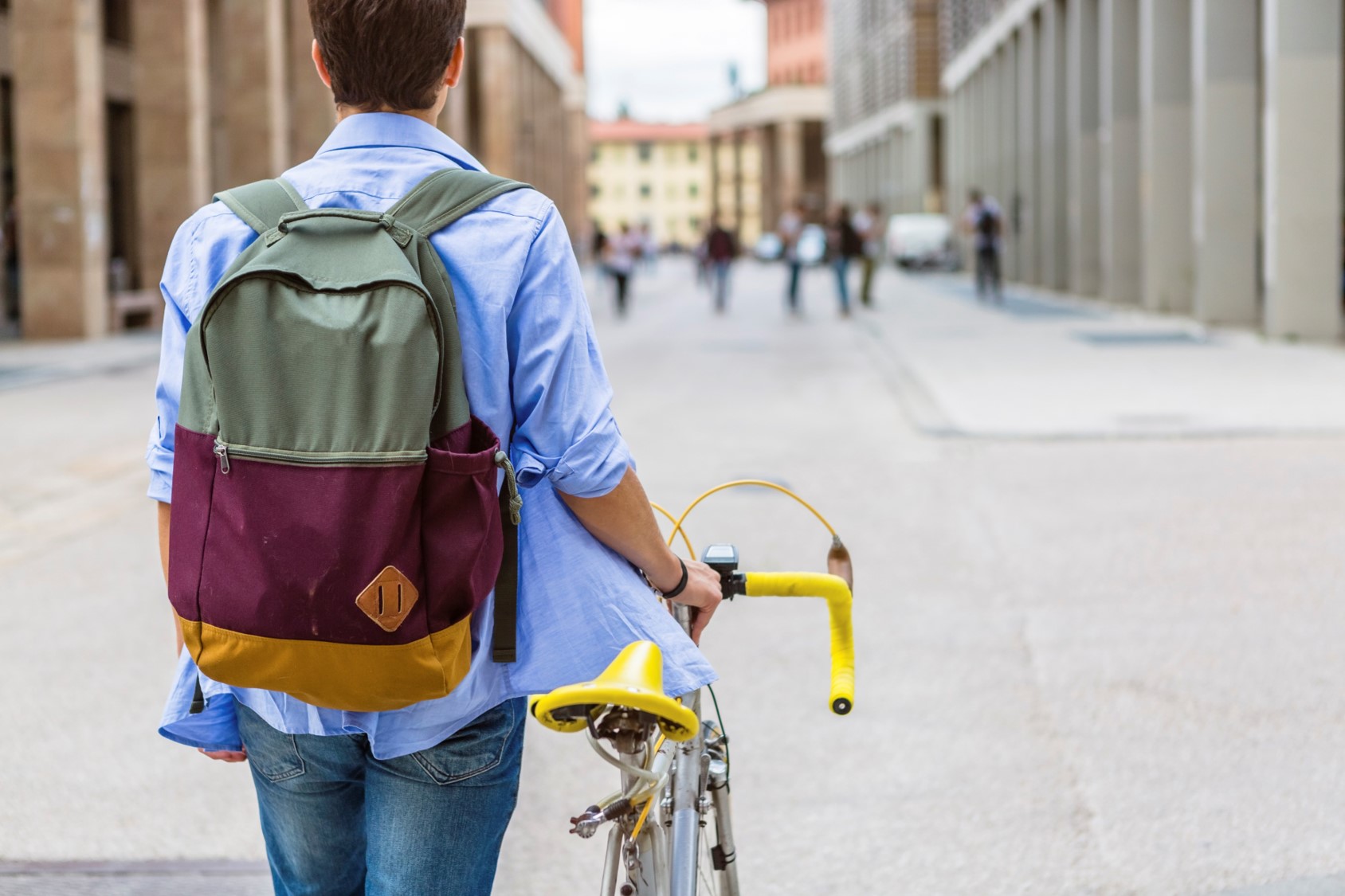School’s (Not) Out for The Summer
Just when we thought we were nearing a pause in distance learning for the summer, we are met with new news. In Minnesota, this week it was determined that schools will be allowed to hold summer classes, using distance learning or meeting in person with appropriate social distancing. Like much of recent news, responses across the board […]
by Dr. Tyler Arvig
Just when we thought we were nearing a pause in distance learning for the summer, we are met with new news. In Minnesota, this week it was determined that schools will be allowed to hold summer classes, using distance learning or meeting in person with appropriate social distancing. Like much of recent news, responses across the board may vary.
The news may be met with fear (for parents or children), sadness (for the child who no longer has all summer off), or excitement (finally offering a chance to get out of the house, see friends and interact with people other than immediate family). Some may experience a mix of all the above. Particularly for parents, there are many questions. Most of them start with “what if,” and it can be easy to focus on the worst possible outcome.
“What if Elle goes to school and hugs her friend in excitement and contracts the virus?”
“ What if Charlie forgets to wash his hands after touching everything in sight?”
“What if Chloe won’t leave her mask on and the teacher can’t do anything about it?”
“What if Jaden were to get sick, or get someone else sick?”
“What if it was worse than just getting sick…?”
Inherent in all these questions is a very real fear, and one that goes deep.
As adults and autonomous individuals during this pandemic, we must guard our own health and act in ways that are most comfortable to us. As children are minors, we are charged with doing the same on their behalf. This is not easy, because health is not only about protection from the virus; we must consider mental and social health, too. Taking an extreme position on either end is going to have negative consequences.
As you make decisions, consider the following:
- What is the school’s plan?—Knowledge is a wonderful antidote for fear. If the plan for keeping children safe is clear, detailed, and appropriate, then we can rest easier knowing that all possible precautions are being taken.
- Is going to school riskier than…?—It is possible that your child is already engaging in situations that are more objectively risky than a controlled school environment.
- Does my child have health problems?—We know that the elderly and those with underlying health concerns are at greater risk with COVID-19. We believe that children are less impacted by contracting the virus in general, if otherwise healthy. The presence of an underlying health condition is likely to weigh heavily on activity outside of the home.
- Is my child suffering from isolation?—The pandemic has affected the mental wellbeing of adults and children. School is an important social experience. Does the risk of potential infection outweigh the social benefits of school?
- Is my child comfortable with returning to school? —School will be markedly different from when students left in March. It’s important that parents explain the plan and the process of school to the best of their ability and let the student have input (if not the final decision-making power).
If students are fearful for reasons that seem out of proportion, take time to discuss it. Rational fear is normal. Irrational fear can be harmful. And avoidance of a feared situation tends to beget more avoidance. This can be a dangerous cycle. If parents get a sense that the fear is out of proportion or they are experiencing very high levels of anxiety, reach out for professional help.
- Do we want them to?—In the end, would going to school be a net positive or a net negative? Considering all the above, is it in the student’s best interest? If parents are struggling with figuring this out, consider the old “pros” and “cons” spreadsheet. What side wins?
These are not simple decisions, but they are important ones. This, for many parents and children, will be a big step toward finding some of what has been lost since the pandemic began. School may not be out for the summer, but that may just be good news for some!

Tyler is Associate Medical Director of R3 Continuum (R3c), a global leader in protecting and cultivating workplace wellbeing in a complex world. He has over 13 years of domestic and international experience in behavioral health workplace absence—including disability and worker’s compensation assessment, consultation with employers and insurers on complex claims, effective return to work strategies, program development and improvement, and training and supervision of industry professionals. He’s a sought-after speaker, writer and contributor in the field of workplace behavioral health. You can reach him at Tyler.Arvig@R3c.com
Ensure the physical and psychological safety and security of your organization. Talk to us. For security resources, behavioral health solutions and real-time front lines information, visit us at www.r3c.com, email us at info@r3c.com or call us at 866-927-0184.
— Published on May 27, 2020